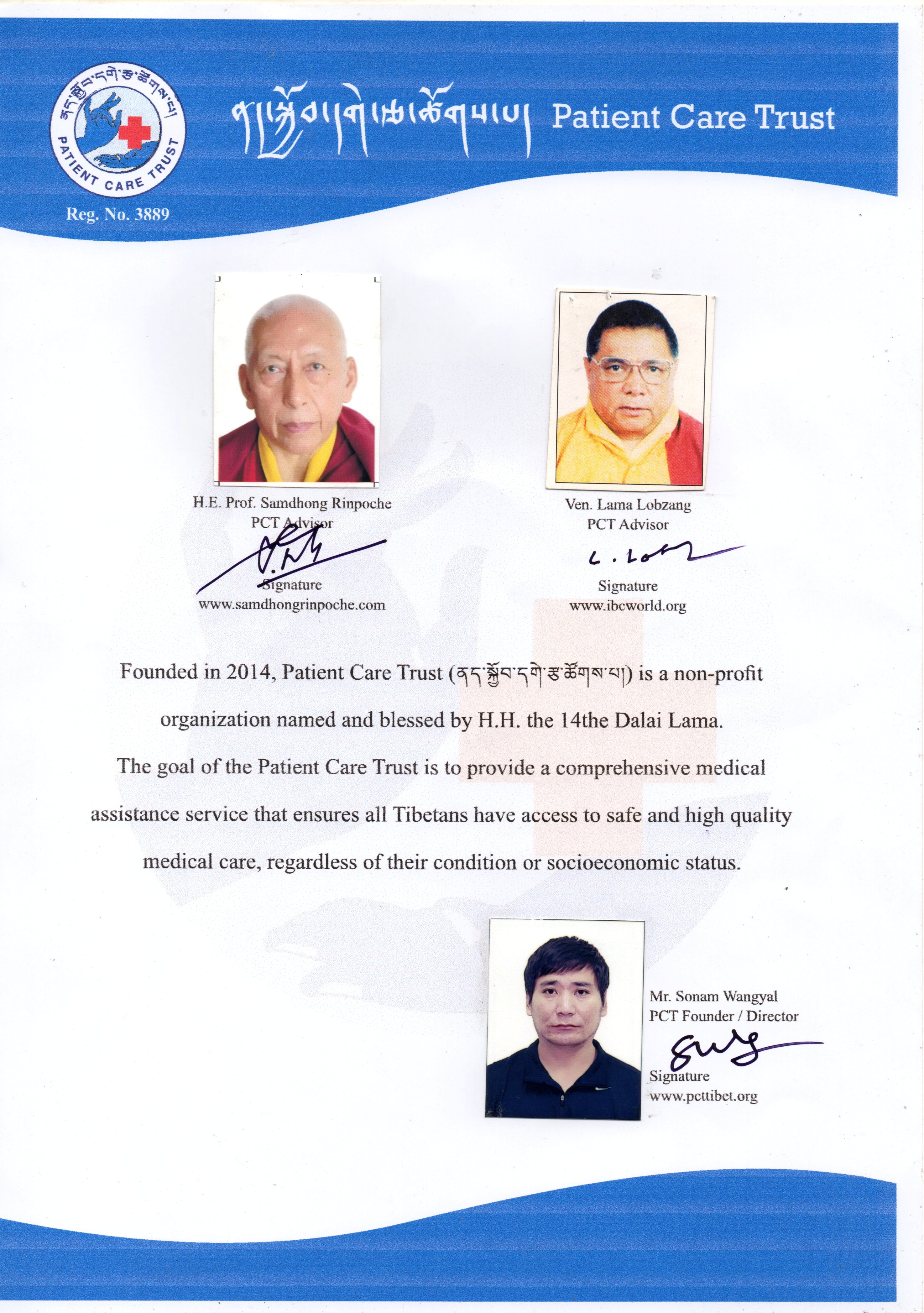
 Currently, many Tibetans-in-exile lack adequate finances to meet their needs of daily living such as; rent, food and transportation. Due to such financial hardship, families are often rendered helpless when a family member becomes seriously ill and succumbs to disease. Travel is expensive and exhausting. Seeking treatment in a new city can be confusing and discouraging. For those fortunate enough to be able to cover medical expenses, navigating the Indian medical system can be very complex. Moreover, making appointments to see specialist doctors in the reputable government hospitals is often impossible. The expertise and specialised services are necessary and often crucial for patients who have been misdiagnosed and mistreated. Both newcomer Tibetans and those with Hindi language skills face these issues. Although for newcomer Tibetans the situation is the hardest.
Currently, many Tibetans-in-exile lack adequate finances to meet their needs of daily living such as; rent, food and transportation. Due to such financial hardship, families are often rendered helpless when a family member becomes seriously ill and succumbs to disease. Travel is expensive and exhausting. Seeking treatment in a new city can be confusing and discouraging. For those fortunate enough to be able to cover medical expenses, navigating the Indian medical system can be very complex. Moreover, making appointments to see specialist doctors in the reputable government hospitals is often impossible. The expertise and specialised services are necessary and often crucial for patients who have been misdiagnosed and mistreated. Both newcomer Tibetans and those with Hindi language skills face these issues. Although for newcomer Tibetans the situation is the hardest.
 For patients who manage to get appointments, the language barrier is often insurmountable. It is essential for patients to have competent help with translation. Such services enable patients to find the correct hospitals, arrive to appointments on time, and understand the diagnosis and prognosis for treatment. This reduces patients’ stress and promotes their overall wellbeing. In particular, the situation is most difficult for new Tibetans-in-exile who have no family living in India, yet are in need of medical help and often require the care of an attendant – a service that Mr. Wangyal has provided for the last more than 10 years.
For patients who manage to get appointments, the language barrier is often insurmountable. It is essential for patients to have competent help with translation. Such services enable patients to find the correct hospitals, arrive to appointments on time, and understand the diagnosis and prognosis for treatment. This reduces patients’ stress and promotes their overall wellbeing. In particular, the situation is most difficult for new Tibetans-in-exile who have no family living in India, yet are in need of medical help and often require the care of an attendant – a service that Mr. Wangyal has provided for the last more than 10 years.
